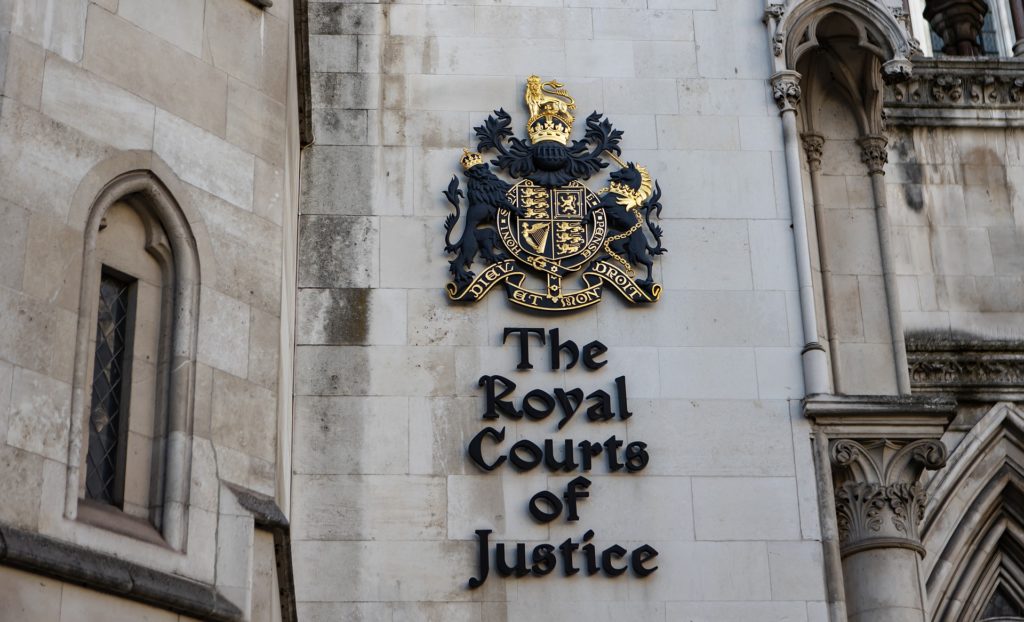Whether guilty or not the idea of having to attend a trial at the Crown Court is daunting. We outline here the process from beginning to end.
After allocation of your case to the Crown Court
Once your case has been sent to the Crown Court your solicitor will usually be invited to your case on the Digital Case System by the Crown Prosecution Service. Once your solicitor has access to this, they will have access to the material the prosecution has disclosed at this early stage and will forward this to you.
The Prosecution will draft a document that contains the charge(s) against you, and this is known as the indictment. This will be uploaded to the Digital Case System and your solicitor will have access to this. It is important to note that Charges can be added to the indictment in the early stage.
Your solicitor will then instruct a barrister on your behalf, and the barrister will be invited to the Digital Case System by your solicitor, so they can read through all the material and have an understanding of your matter. Once the barrister has done this, your solicitor will arrange for you to have a conference with both them and the barrister to discuss your position, and whether they advise you to plead guilty or not guilty at first instance.
The reason your solicitor will instruct a barrister at this stage is because not all Solicitors are Higher Courts Advocates, which means they will need a barrister to present your case in the Crown Court.
If you are using witnesses, you will have to obtain any witness available dates for the next six months so that at the Plea and Trial Preparation Hearing they are known to be able to attend.
Plea and Trial Preparation Hearing
The purpose of the Plea and Trial Preparation Hearing is to ensure that all necessary preparation steps have been taken and that enough information has been provided for the arrangement of a trial date.
The court will inform you of the next available trial date, and the prosecution and defence barristers will confirm to the Judge if they are happy with the date by checking it does not conflict with any trials they are already instructed on. The Judge will also consider the availability of the witnesses.
Prior to the hearing both the prosecution and defence will complete a form called the “Plea and Trial Preparation Hearing Form”. They will include on this form their time estimate for the trial.
Before trial
Your witnesses will now need to be informed of the trial date and court to attend.
Your solicitor and barrister will assist you in preparing a Defence Statement and will set out what your defence is and upload this to the Digital Case System.
Your legal team will continue to look through all the evidence uploaded to the Digital Case System, and will liaise with you accordingly. They will also be collating all of the evidence, and will be putting it together in a bundle for trial.
Trial
The usual process for the trial is:
- Counsel for the prosecution opens his case
- Witnesses for the prosecution
- Counsel for the defence may open his case
- Witnesses for the defence
- Counsel for the prosecution sums up his case
- Counsel for the defence sums up his case
- Summing up to the jury by the judge
- The jury retires and returns with its verdict
If the jury cannot reach a verdict, the discussion then takes place about a retrial. The prosecution team would have many factors to consider whether a conviction is likely, whether anything had changed during the trial and if witnesses were willing to give evidence again.
Conclusion
The above is an extremely basic outline of events before, during and after trial. If you need more information or are looking to face a court hearing and would like advice, contact our criminal department on 01432 278 179. For urgent cases they are available 7 days a week, 24 hours a day.

